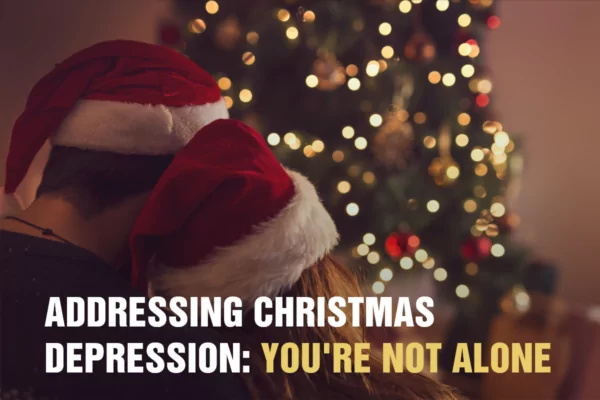Now we are in the month of March, winter is officially over and spring has started springing… traditionally all these new buds and baby lambs presage a time of new life and hope. But what if you are not feeling it? How can you harness all this promise?
Hope makes hardship easier to bear, whether you are feeling lonely or depressed or are experiencing poverty or ill health, or just can’t get your wretched printer to work. And even in those rare times when you are not actually going through difficult times or experiencing any setbacks, you need hope so that you can continue to grow and learn and change.
You could be the most talented, brilliant and skilled person with all the potential and possibility in the entire world, but without hope helping you forwards it could all come to nothing. Recent psychological research has shown that hope provides the agency and pathway for your life to change for the better.
Hope is important because navigating adult life can be so difficult. There will be many obstacles along your way. Simply having goals or wanting things to change for the better is not enough because all the inevitable twists and turns of life can stop you from getting closer to them. So it is not surprising to learn that, according to research, only 50% of us measure high in hope. Thankfully, however, research also shows that hope can be learned.
What exactly can we learn from the hopeful ones? Well the research brought to light that the people who measure high in hope all share four core beliefs:
- The future will be better than the present.
- I have the power to make it better.
- There are many ways to reach my goals.
- I will not get there without overcoming obstacles.
Hope is much misunderstood, it is not blind faith or empty optimism it is actually a range of emotions — joy, excitement and fear — a combination of head and heart. It is the place where passion, happiness and enthusiasm rise up and get tempered by knowledge, reason and caution.
Hope is often dismissed as naïve and confused with optimism, which is a simple belief that things will be better. But hope is not just that. It is optimism + the knowledge or the will to work out how to make that better future happen. Put simply: hope involves the will to get there, plus an idea about different ways to get there; it is the will and the way.
A hopeful person has both the determination to set themselves goals, and a bunch of different strategies that they think they will need to reach those goals. Looked at that way, hope is not just a feel-good emotion, it is a whole motivational system.
Here are five things you need to do to learn that motivational system and have hope in your life
- pick motivational goals
Avoid chosing easy goals that do not involve a challenge. Instead go for ‘learning goals’ that require energy and skill and will keep you on your toes working out how to achieve them - develop divergent thinking
Keep actively working out all the different ways you can make your goals happen so that you are constantly planning different strategies to meet your goals. - look for pathways
Learn to spot and seek out the avenues that will move you forwards and around the pitfalls. - monitor your progress
Track yourself as you navigate the twists and turns, and ups and downs of getting from where you started to your end goal. - spread the word
Maintaining hope depends on your entire social network, so share your goals and where you are with them, and this will provide support to yourself and others.
If you would like to set better goals, discuss the particular hardships and obstacles you encounter, and start to feel more hopeful, we have a team of qualified counsellors ready to listen. Just call 020 8673 4545 or email [email protected] for a confidential appointment.







